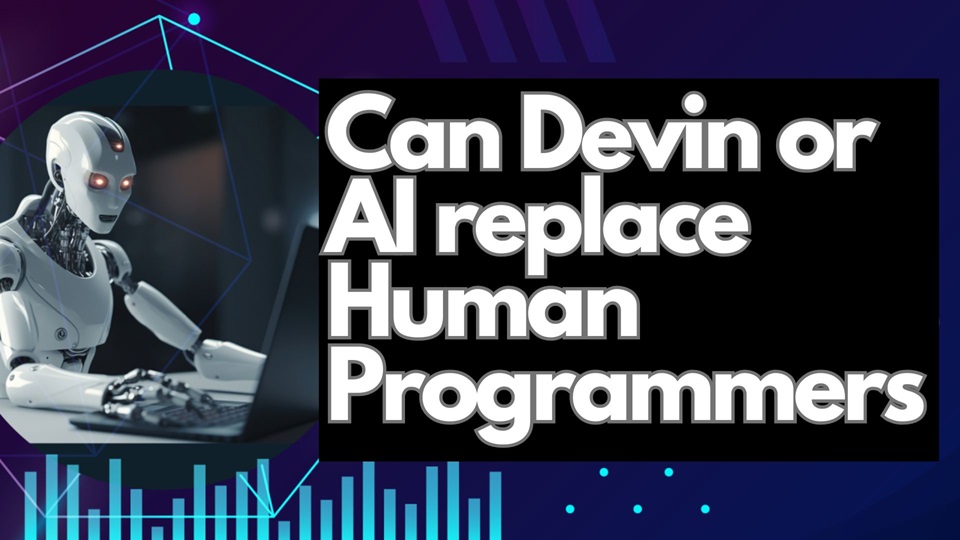AI Types
What is Artificial Intelligence or AI?
The term “artificial intelligence” describes computers designed to carry out activities that usually call for human intellectual ability. From basic rule-based algorithms to complex models trained on big data sets, AI systems may take many different forms. They have been developed to do particular tasks and address specific problem-solving situations.
In Shorts
- What is Artificial Intelligence or AI?
- What kinds of Artificial Intelligence are there?
- Narrow AI
- General Intelligence
- Super Intelligence
- Reactive Machine AI
- Limited Memory AI
- Theory of Mind AI
- Self-Aware AI
Also Read: Artificial Super Intelligence; Unpredictability and Loss of control
What kinds of Artificial Intelligence are there?

AI may be divided into several categories based on a number of properties. Every kind of AI has a particular set of potentials and challenges, as well as distinctive applications. The following are a few of the most used categorization for AI:
AI Types
1. Narrow AI – Based on Capabilities
Narrow AI is developed and instructed to do just a couple of tasks.
There is a goal behind the creation and instruction of these narrow AI systems. Despite these narrow systems do what was assigned to them, they primarily lack in their capacity of defining tasks.
Examples include
- Voice assistants that can understand certain inquiries such as Alexa or Siri.
- Software for facial recognition in security systems.
- Algorithmic recommendation engines that are implemented by websites such as Amazon and Netflix.
2. General Intelligence – Based on Capabilities
AI systems with human-like intellectual ability and task-performance capabilities are referred to as general AI or AGI – Artificial General Intelligence.
Similar to how humans can adapt to various activities, systems are able to understand, acquire knowledge and apply across a wide range of activities.
Although general artificial intelligence is still a theoretical idea but researchers are trying to create AI systems that are capable of carrying out every cognitive job that a person is capable of.
It calls for the machine to be intelligent, self-aware and capable of making decisions on its own—all of which are now unachievable.
Also Read: Artificial General Intelligence: AGI – The Future of AI or Biggest Serious Threat to Humanity?
Possible Uses
- Robots with the ability to acquire new abilities and instantly adjust to new challenges.
- AI systems have the ability to operate on their own detect and fix complicated medical problems across a range of specialties.
3. Super Intelligence – Based on Capabilities
Super AI or ASI – Artificial Super Intelligence beats humans in creative thinking, problem-solving and general abilities.
Super AI creates its own emotions, desires, needs and opinions. They have the ability to solve problems and make decisions on their own. In addition to surpassing humans at activities an AI will be able to understand and interpret emotions and behave identically to humans.
Although currently theoretical behave but super AI has the potential to transform industry, scientific research and problem-solving, possibly resulting in previously unthinkable achievements. “But it additionally brings up ethical concerns about governance and control”.
4. Reactive Machine AI – Based on Functionalities

The most basic kind of artificial intelligence is reactive machines. They don’t store any prior experiences or draw insights from past actions. They just act on the data that is currently available. These systems are unable to adapting and have set outputs that relate to certain inputs.
For instance:
- In 1997, IBM’s Deep Blue defeated Garry Kasparov, the international chess champion. It was incapable to store memories or learn from previous games but it was able to recognize the pieces on the board and make predictions.
- Without learning from previous games- Google’s AlphaGo uses a similar pattern recognition technique to play the board game Go.
5. Limited Memory AI – Based on Functionalities

Limited Memory AI may improve future responses by learning from historical data.
This category includes the majority of current AI applications. These systems lack long-term memory yet they make decisions and predictions based on historical information.
In order to perform better- machine learning models frequently depend on limited memory particularly for self-learning systems and automation.
Examples include
- Self-driving motor cars which make decisions based on their prior experiences and the present environment after analyzing the road, traffic signs and the movements of other cars in the area.
- Chatbots that may recollect previous discussions to enhance the importance and flow of comments.
6. Theory of Mind AI – Based on Functionalities

Theory of Mind AI works to fully understand the feelings, verdicts, objectives and objectives of humans.
Although still in the earliest phases of research- this kind of AI would enable machines to interact with humans in more complex ways by identifying emotions and modifying their behavior effectively.
Possible uses
- Artificial intelligence (AI) might recognize human emotions and modify its reactions to show compassion in interactions between humans and robots.
- Operating with people in sectors like healthcare, robotic assistants adapt their jobs to meet the requirements of the patients.
7. Self-Aware AI – Based on Functionalities

An advanced form of AI with self-consciousness as well as awareness is designated as self-aware AI.
In addition to being capable to identify and react to emotions this kind of AI would also have consciousness similar to human beings.
Self-aware AI is still the ultimate objective for AI development, yet we are still far away from reaching it.
If AI systems ever evolve to this point it would trigger philosophical discussions about identity, understanding and their rights.
Possible Uses
- Systems with full independence and the capacity for moral and ethical judgement.
- AI programs that are able to achieve objectives on their own by using their knowledge of the surroundings.
Know about Open AI – Chat GPT 4

Discover more from Newz Ticks
Subscribe to get the latest posts sent to your email.





